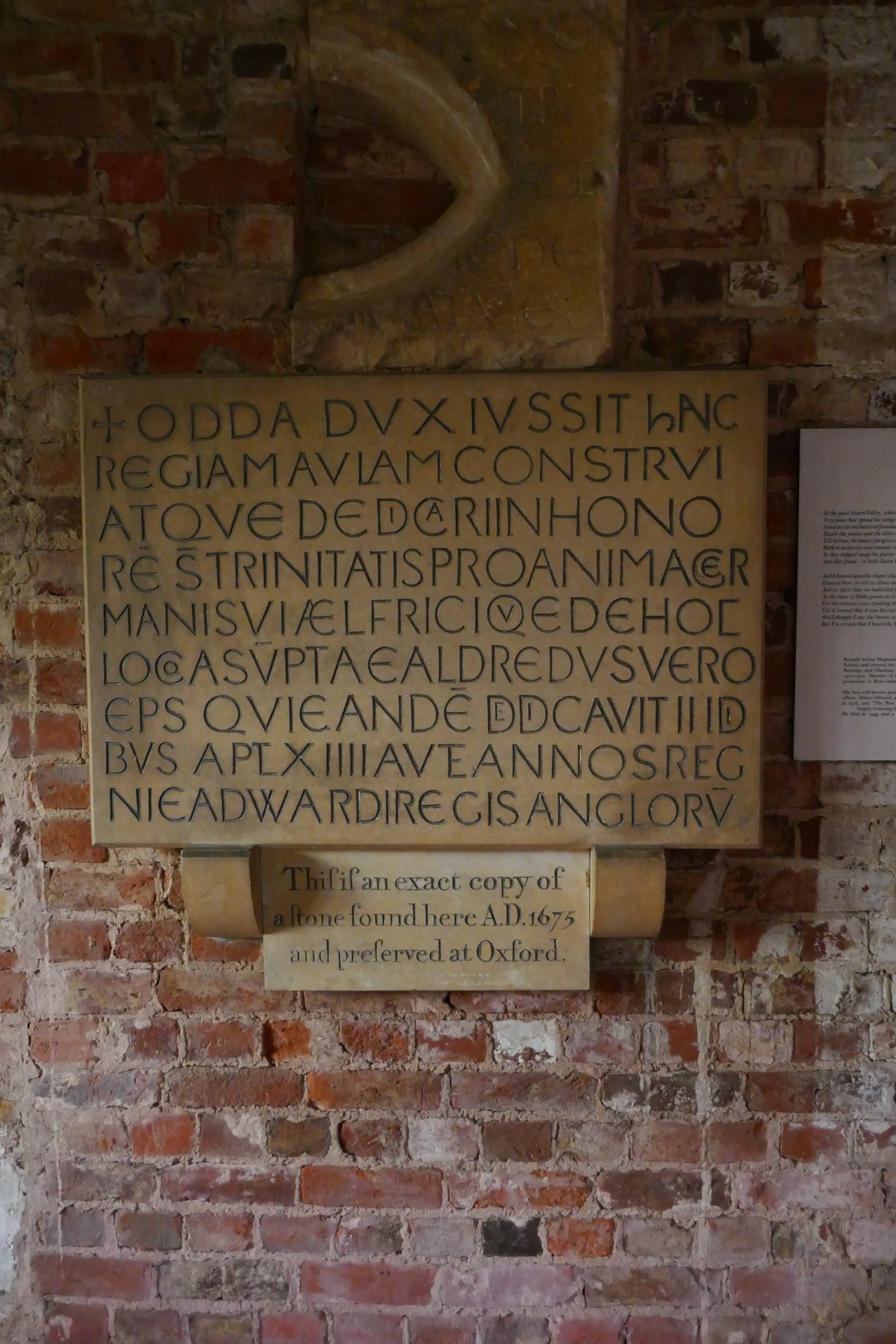In Episode 273 we talked a bit about Lent.
Lent has an interesting image these days. For most people who have any familiarity about it, I think it’s just ‘that period where you give something up.’ So you might cut out sugar. Or alcohol. It’s more diet than denial.
But Lent is actually about a kind of reset, not a temporary diet. It begins, after all, with Ash Wednesday which, as Philip Pfatteicher writes, is focused on our fragile humanity.
Without any preparation, Ash Wednesday always comes as an unexpected interruption. Into the richness and pleasure of living suddenly comes the grim reminder, “You are dust, and to dust you shall return.” It was God’s word to our first parents in the garden of paradise after their disobedience, and it is God’s word still to us all. Abruptly cutting into life when we are enjoying it the most comes the warning, “You too must die.”
So Lent is a reminder that life is short. There is no time to waste time on things which don’t matter. As Joan Chittester says in her wonderful book: The Liturgical Year, Lent is
a continuing cry across the centuries that life is transient, that change is urgent. We don’t have enough time to waste time on nothingness.
Ashes have other connections as well: in the ancient world they were also for cleaning, if you didn’t have soap. They have astringent qualities. So this period is also something which is cleansing.
Lent is a penitential period, when we reflect on our appetites, on what drives us. The day before is Shrove Tuesday, the name coming from the word shrive, meaning ‘absolve’. We start Lent by seeking forgiveness. this new start allows us, through denial and reflection, to make an intentional examination of ourselves.
I was struck by this quote from a wonderful book: The Liturgical Year, by Joan Chittester:
Lent is a call to renew a commitment grown dull, perhaps, by a life more marked by routine than by reflection after a lifetime of mundane regularity or unconsidered adherence to the trappings of faith, Lent requires me, as a Christian, to stop for a while, to reflect again on what is going on in me. I am challenged again to decide whether I, myself, do truly believe that Jesus is the Christ—and if I believe, whether I will live accordingly when I can no longer hear the song of angels in my life and the star of Bethlehem has grown dim for me.
The key thing here is that it’s about proper recognition of value, not a basement and shame. We are dust, but we are gold dust. We are precious dust, earth into which God has breathed life. We are gold dust in jars of clay.
Lent is a reminder of our humanity, but also our belovedness.
A bit of history
Lent is first referred to in AD 325 at Council of Nicea. The context implies that it was not new, it was something that ppl were familiar with. So it’s a practice of the church which probably goes back into the late third century. Early Christians fasted twice a week anyway – on Wednesdays and Fridays. Their method of fasting – both routinely and during Lent – was to not eat until sundown. And you didn’t fast on Sundays. Later Christians abstained from meat and dairy products among other things.











